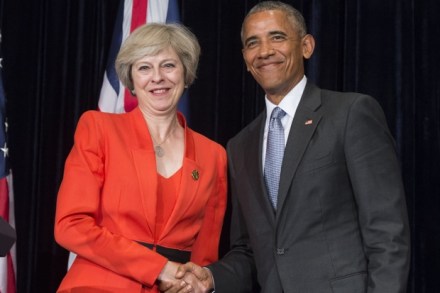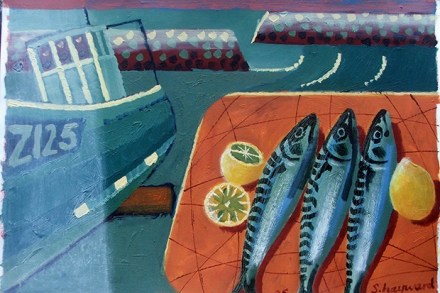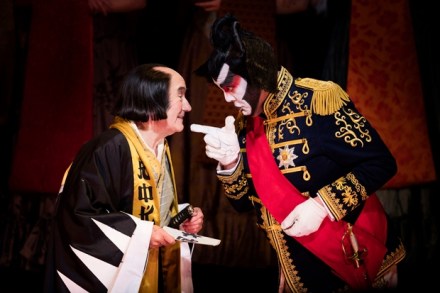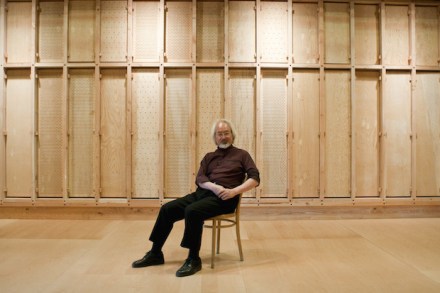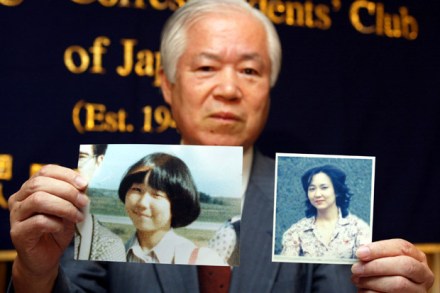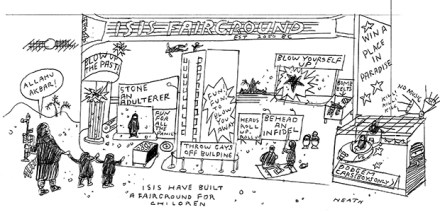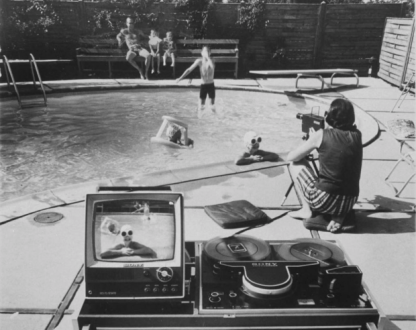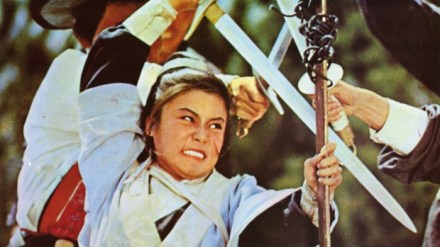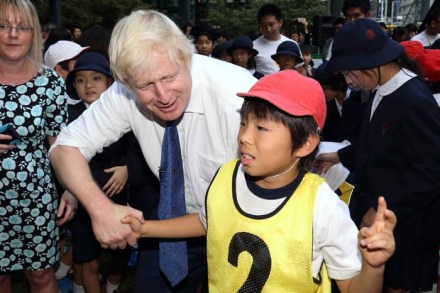Japan Notebook | 20 October 2016
Tokyo is visual chaos everywhere, the antithesis of the Japanese interior. It is a multilevel jumble of overpasses, neon signs, electric pylons, railway lines and traffic lights. The pavements are empty, not a pedestrian human in sight. And the leader of North Korea is still lobbing ballistic missiles right over Japan and cackling away about his collection of nuclear warheads. Drinking beer in a sushi bar in Ginza on our first night, I ask my neighbour whether people are worried by the behaviour of the lunatic child across the water. ‘No,’ he replies. ‘I am far more frightened by our prime minister. He really is dangerous.’ Shinzo Abe is proposing to repeal






